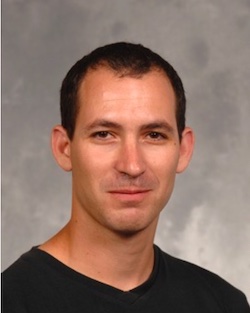
Recipients of the Gordon and Betty Moore Foundation Fundamental Physics Innovation Awards
The Gordon and Betty Moore Foundation Fundamental Physics Innovation Awards hope to stimulate ideas on innovative ways in which emerging technologies can be used to address pressing problems in fundamental physics. The awards support a variety of ways to bring people together to discuss and collaborate on ideas to advance fundamental physics as described in the Scientific Scope.
Below, we recognize the recipients of the awards from each year with their corresponding abstracts.
July 2021
Lectureship Award
Professor Sir Michael Berry, University of Bristol, U.K.
Sir Michael Berry will visit UC Davis as Distinguished Lecturer in the Department of Physics and Astronomy, hosted by Warren Pickett on behalf of sixteen other faculty in four departments involved in research of joint interest. Michael will provide a colloquium and a public lecture, with topics ranging from the geometric phase (Berry phase) upon which his early career and reputation is based, to everyday phenomena such as the physics of light, touching on the dancing lines of light on the bottom of swimming pools. (HOST: Warren Pickett, University of California, Davis)
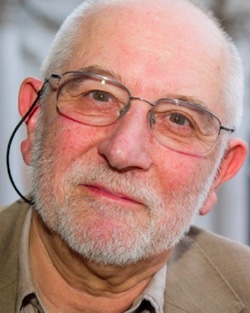
Visitor Awards
Yue Zhao, University of Utah
Yue Zhao, at the University of Utah, will visit Pu Huang and his research group at Nanjing University. During the visit, we will explore the possibility of using a diamagnetically levitated mechanical system to perform a broad band search on the ultralight DM.
(HOST: Pu Huang, Nanjing University)
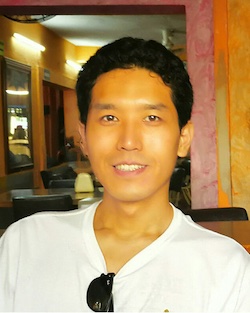
Peter Wilson, The King’s School in Sydney, Australia
Professor Peter Wilson, Leader of Science Education at The King’s School in Sydney and Adjunct Professor at UNSW, UCSD and SUNY, Albany, will visit Albany to work with Drs Cecilia Levy and Matthew Szydagis on a potential new detection system for dark matter. The team have recently shown that neutrons can cause nucleation of supercooled water and using such a system may well be ideal for detecting dark matter at the low end of the energy spectrum.
(HOST: Cecilia Levy, University at Albany, State University of New York)
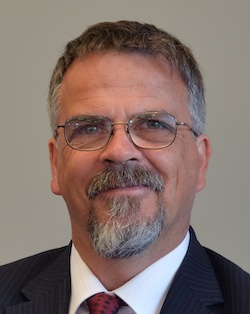
Alexey A Petrov, Wayne State University
Alexey A Petrov, Professor of Physics at Wayne State University, will visit Division of Theoretical Physics at Fermi National Accelerator Lab to study baryon number violation in multi-electron atoms and possibilities for its detection with paleo detectors.
(HOST: Patrick Fox, Fermi National Accelerator Lab)
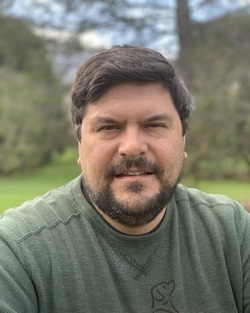
Julia Gehrlein, Brookhaven National Laboratory
Julia Gehrlein, Research Associate at Brookhaven National Laboratory, will visit Pedro Machado at Fermilab to collaborate on proposing novel signatures of dark sectors at neutrino experiments. In particular, they will analyze the potential of pulsed low energy neutrino beams to discover new physics.
(HOST: Pedro A. N. Machado, Fermi National Laboratory)
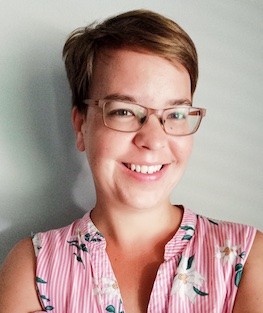
Benjamin Grinstein, University of California, San Diego
Dark decay of neutron and of b-quarks have been proposed to explain the neutron lifetime puzzle, and the dark-matter relic abundance and the baryon asymmetry in the Universe. We propose to sharpen the theoretical framework for these studies and to extend it to the arena of hyperon dark decays.
(HOST: Jorge Martin Camalich, Instituto de Astrofisica Canarias)
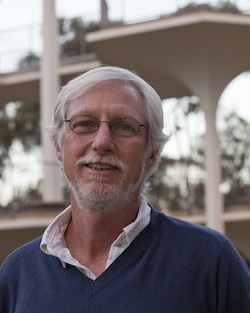
Swati Singh, University of Delaware
The coupling of normal, Standard Model matter with dark matter sometimes manifests itself as a mechanical effect (strains, forces or recoil kicks), thereby motivating accurate monitoring of mechanical motion to search for these signals. Prof. Swati Singh, along with her graduate student, Jack Manley, will visit Prof. John Davis at the University of Alberta to help establish the blueprint and measurement details for a tunable resonant mass detector for ultralight dark matter based on acoustic modes of superfluid helium.
(HOST: John Davis, University of Alberta)
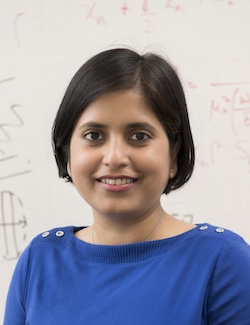
Convening Awards
Ross Corliss, Stony Brook University (Lead Organizer)
Our upcoming workshop, Scientific Opportunities at the Intensity Frontier: Physics with 10-100 MeV Beams, will bring together an international community to explore how new, high luminosity, medium energy accelerators like TRIUMF's ARIEL facility can help explore open, statistics-hungry physics questions. These questions cover a wide range of interests, from rare processes, to precision SM tests, to searches for dark matter and other beyond-the-standard-model physics.
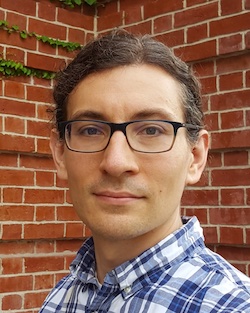
Brian Odom, Northwestern University (Lead Organizer)
The CFP Workshop on Fundamental Physics with Doped Cryogenic Crystals will bring together experimenters and theorists to explore this novel platform for probing physics beyond the Standard Model. Atoms and molecules trapped inside cryogenic matrices can be optically pumped and probed, and offer potential for many orders of magnitude statistical gains over gas-phase experiments.
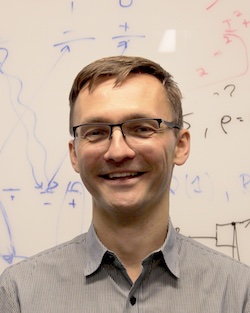
Yotam Soreq, Technion - Israel Institute of Technology (Lead Organizer)
The workshop will explore novel ideas and methods at different frontiers of particle physics. The emphasis will be in particular on the interplay between the new theoretical ideas and the experimental methods at a range of energy and length scales.
